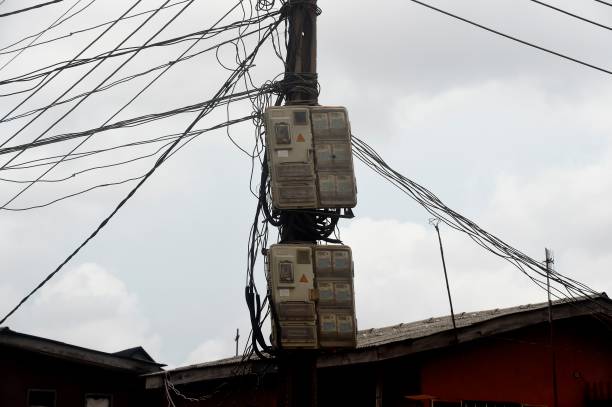
The Manufacturers Association of Nigeria (MAN) has raised fresh concerns over the crippling impact of a 250% electricity tariff hike, warning that no manufacturer can sustain operations under such a sudden and steep increase.
The hike, approved by the Nigerian Electricity Regulatory Commission (NERC) for electricity distribution companies (DisCos), threatens to severely destabilise the sector, which plays a vital role in Nigeria’s economy.
Speaking during an interactive session at the 2024 pre-Annual General Meeting (AGM) media briefing in Lagos, MAN’s Director General, Segun Ajayi-Kadir, made an urgent plea for a downward review of the tariffs.
Ajayi-Kadir noted that the exorbitant hike is unsustainable and could lead to widespread factory shutdowns and job losses.
Reflecting on past efforts to challenge the hike, Ajayi-Kadir recalled that MAN had previously taken legal action against both NERC and the DisCos.
However, the case was dismissed by a Federal High Court last week on the grounds of “abuse of court process,” a decision that has left manufacturers in a state of growing frustration.
“We are seeking the same considerations extended to universities and hospitals, which received a 50% reduction in tariffs,” Ajayi-Kadir stated.
He argued that if such a discount was necessary for those institutions, it proves that the current tariffs are unreasonable.
“Manufacturers, who generate jobs, pay taxes, and contribute to export growth, deserve similar concessions,” he added.
Ajayi-Kadir also revealed that consultations are ongoing with MAN’s legal team and members, as manufacturers grapple with how to stay afloat amid rising operational costs.
“Many of our members are extremely agitated,” he warned.
“Some are already contemplating shutting down their factories and sending workers home, hoping that such drastic action will prompt the government to intervene.”
The electricity tariff hike has become a critical issue for Nigeria’s manufacturing sector, which has long struggled with high operational costs.
This latest increase, industry leaders fear, may be the tipping point for many manufacturers already operating on thin margins.
Flashbacks to previous tariff hikes show a recurring struggle between manufacturers and the government, with the industry repeatedly calling for fairer electricity pricing to ensure its survival.
However, this latest tariff spike threatens to push the sector into a crisis, with the potential for job losses and factory closures across the country.
MAN continues to urge the government to reconsider its stance, stressing that the survival of Nigeria’s manufacturing sector—and by extension, the broader economy – is at stake.


